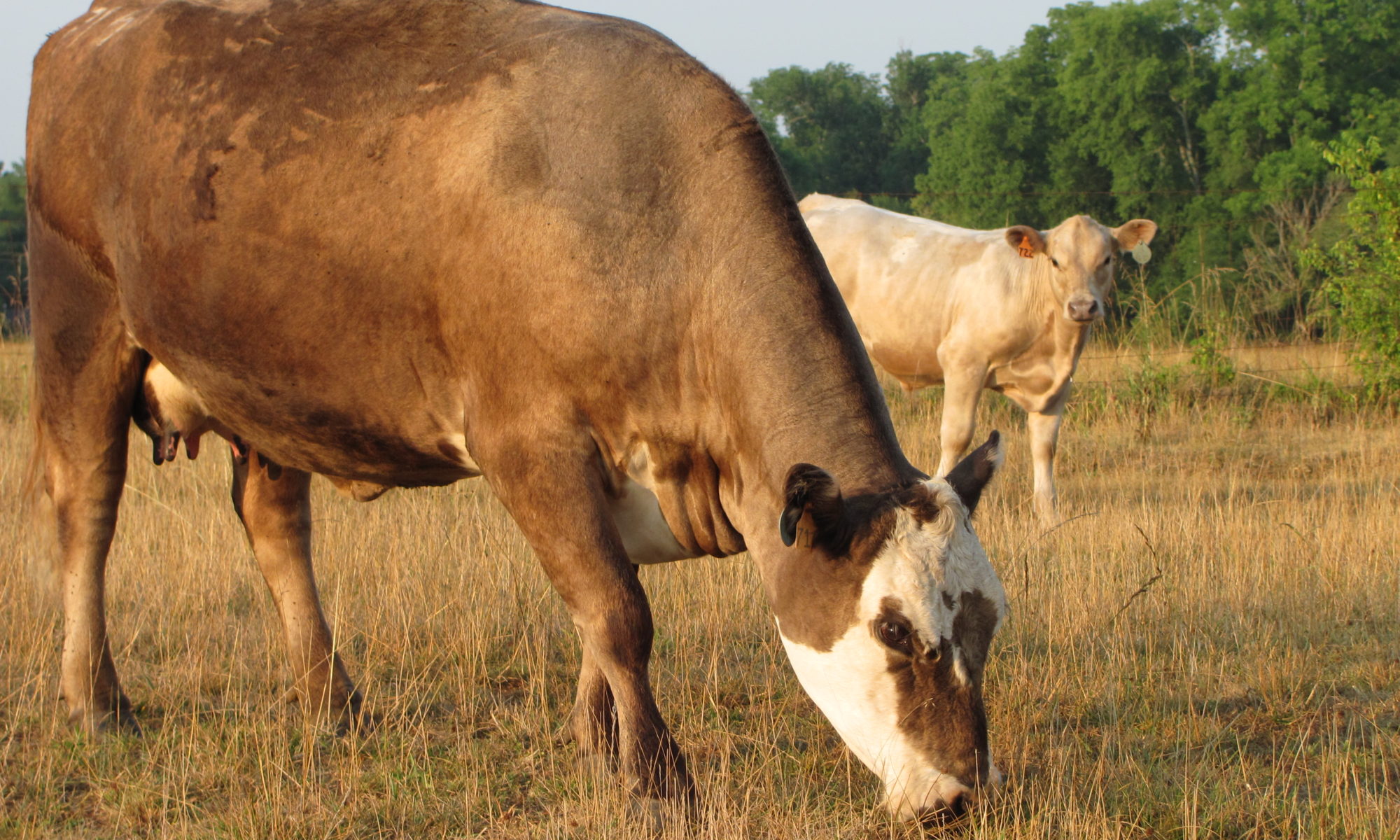

Dr. Gary Bates
Director and Professor
UT Beef & Forage Center
P: 865-974-7324
If you have been reading my articles for any length of time, you are aware that my kids provide a lot of material. Sometimes I write about things I want to teach them, and sometimes about the things they have taught me. My wife and I have traveled down the parenting road for over 21 years, and as we look back, we see a lot of curves in the road, with lots of hills and valleys. You would think that now as we are on our third teenage, we would have everything worked out. But alas, we feel like we are constantly flying by the seat of our pants.
My wife says “Kids are like cookies. Sometimes you burn the first batch.” So, I expected that, after our first child, we would have it worked out and know how to handle everything thing with number two, and with number three we would be absolute experts. But guess what – every one of our kids are different, so we must do things different with each one. I guess deep down I knew this would be the case, but I never realized how big the differences would be.
Even though we can’t use a cookie cutter on our kids, there are certain basic ingredients we use or principles that we follow to move our kids in the right directions. These principles instill the characteristics and beliefs we want developed in our kids. We teach them to love God, love others, work hard, and don’t give up.
What does this have to do with forages? Well, just like my kids, every forage year is different. Some years the spring is cool and wet, some years warm and dry. Some summers have a devastating drought, and some have adequate rainfall. Some falls are warm, and some have an early frost. All these differences make forage production a constantly changing scenario.
It would be nice if you could go through one year, and then have everything worked out for the rest of the years, but it doesn’t work like that. The weather changes, as does the weed pressure, fertilizer costs, and many other situations on the farm. The means we can’t do things the same year after year. We must develop a certain set of core guidelines that direct what we do, and then stick to those while we make changes based on the situation.
Here are a few of those core principles that should guide your operation.
- Fertilize correctly. This usually means taking a soil test to check your soil fertility status. Throwing out a few hundred pounds of triple 19 isn’t the most effective program.
- Graze efficiently. You don’t want to spend money planting and growing forage to turn around and waste some of that forage during the spring, then overgraze and weaken the stand during the summer. Use some type of improved grazing management to increase grazing efficiently.
- Minimize hay needs. Keeping expenses low is an important part of profitability. A lot of money is spent producing and feeding hay each year. If you can graze an extra month, that cuts down on hay needs. If you can feed to reduce waste, that saves even more.
- Cull open cows. So technically this is not a forage practice, but don’t let a cow that isn’t going to provide any income eat up the food. It costs money without any return.
There are plenty of others that you could list. Think through your guiding principles, and then stick too them. Now I’ve got to go. I am going to go tell each of my kids how much I love them and how thankful I am for them.